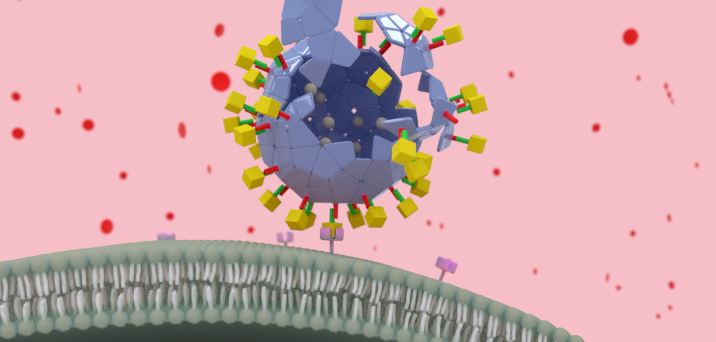Team:Wageningen UR/FinalOverview
From 2012.igem.org
(→Final Overview) |
(→Final Overview) |
||
| Line 3: | Line 3: | ||
= Final Overview = | = Final Overview = | ||
| - | [[File:VLPoverview1.jpg|center | + | [[File:VLPoverview1.jpg|center|thumb]] |
<p align="justify"> | <p align="justify"> | ||
| Line 41: | Line 41: | ||
<br> | <br> | ||
For all the possible applications, we made a major first step by standardizing Virus-Like Particles in BioBrick format. We hope others will continue our efforts to realise the dream of using VLPs for site-specific drug delivery or explore further applications. | For all the possible applications, we made a major first step by standardizing Virus-Like Particles in BioBrick format. We hope others will continue our efforts to realise the dream of using VLPs for site-specific drug delivery or explore further applications. | ||
| - | [[File:VLPoverview2.jpg|center | + | [[File:VLPoverview2.jpg|center|thumb]] |
</p> | </p> | ||
Revision as of 16:53, 26 September 2012
Final Overview
Concluding this iGEM project, we are looking back on a great team effort with very steep individual learning curves. We started with the dream of making the next step in site-specific drug delivery.
"If it turns out that the combination of delivery and medicine has a superior ability to cure, everything is achievable in the modern world."
Senior Project Leader in veterinary medicine at [http://www.merck.com/index.html MSD].
Virus-like particles could facilitate this next step. But, as the project leader indicates, íf it turns out… So, how far did we actually get?
Starting with only the basic templates of the VLP genes, or even just some infected leafs, we managed to produce, assemble, purify, detect, visualize and modify Virus-Like Particles.
Up to this point, we did not manage to make a modification to the outside of a VLP, nor did we manage to see the PnA system work as intended. However, we did manage to design a multi-step pcr reaction which can attach either the k- or e-coil to either termini of any protein. Due to an unintended frameshift, we were not able to produce a VLP with the coil on the inside.
To help other teams in preventing mistakes, we co-developed and published The Constructor, a web-based cloning tool that finds the fastest way to assemble BioBrick Devices. The Constructors results are more easily acquired, and equal or faster compared to manual deduction of a cloning strategy.
The functionality of The Constructor depends on the quality of the BioBricks in the Parts Registry. During the project, we encountered multiple parts that were faulty. We sequenced and analysed these parts and reported back to the registry. Besides, we added a functionality to GFP and standardized the KILR coil.
Presenting at [http://www.rug.nl/fmns-research/csb/euroSynbioProgrammeGroningenSept.pdf two] [http://www.cas.uni-muenchen.de/veranstaltungen/tag_synth_bio_2012/program.pdf international conference]s and communicating our ideas outside the confined area of the lab both gave us a more realistic view on the perception of synthetic biology by stakeholders, the public, school kids and fellow iGEMmers and gave us the opportunity to spread our ideas and the vision of the iGEM competition.
Talking with all these people gave us new insight on other applications for modified VLPs: It does not stop at site-specific drug delivery. One could imagine a standardized vaccine carrier, or a nano-bio-reactor.
“Having in place a system that can rapidly develop a vaccine against unexpected viral agents would be of great importance for public health.”
ECDC Program Leader Vaccine Preventable Diseases
For all the possible applications, we made a major first step by standardizing Virus-Like Particles in BioBrick format. We hope others will continue our efforts to realise the dream of using VLPs for site-specific drug delivery or explore further applications.
 "
"











